
Healthy Lifestyle Eating (Some Additional Advices to keep in Mind)
Recommended Daily Sugar Intake
Doctors Frédéric Saldmann and David Servan-Schreiber explain the dangers of excessive sugar intake in their books. They emphasize that what truly matters are our long-term habits, not occasional indulgences.
The following information is intended to raise awareness and help form a mental picture to manage sugar consumption with more flexibility and mindfulness.
Refined sugar (Beetroot sugar), along with other forms of sugar and contributing factors, is significantly linked to increased cancer risk. The risk varies depending on the quantity consumed and the time of day it’s eaten.
General Guidelines
According to studies, the maximum daily sugar intake that may trigger cancer development is approximately:
- Men: 50 grams per day
- Women: 40 grams per day
This threshold applies to developed countries such as France, where the standard of living and healthcare is relatively high. Crossing these levels increases the Risk of Cancer and other chronic conditions.
In other countries, such as Canada, the recommended maximum is even lower:
- Men: 25 grams per day
- Women: 20 grams per day
In any case, Dr. Servan-Schreiber recommends avoiding processed sugar as much as possible, because “Sugar calls for more sugar.” Eating sweets often increases your cravings and daily intake. The more sugar you eat, the hungrier you may feel the next day.
A simple experiment: visit any local grocery store and examine treats. Most contain very high amounts of sugar. For instance, a “Can” of Coke, contains around 45 grams of sugar; Equivalent to 12 sugar cubes. It mean a single “Can” surpasses already the daily limit.
Understanding sugar quantities around us can help create a “Mental threshold.”
This is useful when attending parties or celebrations. Knowing these limits helps you visualize how much sugar is in each item, and you may start checking ingredients on labels. after some times you realise some sweet are good some other are less.
App’s like Yuka can help estimate sugar content by scanning product bar-codes.
This awareness helps to highlight that most of the foods we buy are already too sweet. Occasional indulgence is fine, but we must remain cautious depending on our environment and lifestyle.
Sweeteners
Some sweeteners are used as sugar substitutes, but not all are safe. Aspartame, for instance, is classified as a possible “Carcinogen“. While certain alternatives can reduce sugar intake, they may not necessarily be healthier depending on the studies.
Also note: Sugar is everywhere, used like salt for food preservation. Even canned green beans may contain added sugar, which still contributes to your daily intake.
Timing Matters
The time of day sugar is consumed significantly impacts the body. Morning sugar intake causes higher Glycaemic spikes due to post-fasting reactions. The best time to consume sweets is around 4 PM, or at least after lunch.
Dark chocolate (Seventy Percent Cocoa) can be a good treat option; it has a lower impact on blood sugar spikes.
Remember that every meal is important, as skipping meals can increase the risk of the yo-yo dieting effect and may be harmful to the body if not done consciously. Did you know that breakfast is the most important meal of the day?
Cancer and Cell
All humans have a mix of healthy and potentially defective cells. Any person, regardless of age, can develop cancer due to genetics, lifestyle, or cellular mutation. However, nutrition and habits play a critical role in reducing risks.
Vitamin Intake
According to multiple sources (Link), it’s better to eat a diverse diet than to focus on quantity.
To understand your vitamin intake, start by reviewing the recommended daily allowances (RDAs) for each vitamin. While supplements can help, they are not always the best option. A varied, nutrient-rich diet is more sustainable and often more effective. (Example: Pulses are a good source of Vitamin B.)
Try to Include Vegetables in Each Meal
Cancer Research UK recommends the following meal structure:
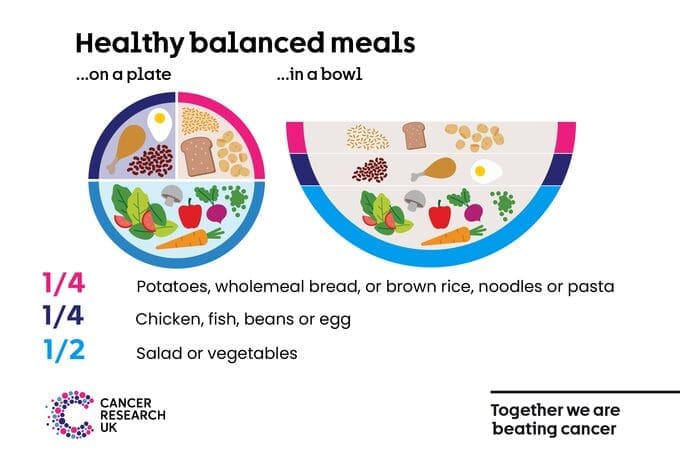
- 50% vegetables (especially green ones like spinach, broccoli, green beans)
- 25% protein (note: Plant-based proteins are generally less absorbed than animal proteins)
- 25% grains/carbohydrates (e.g., Rice, Potatoes, Pulses, Quinoa, Buckwheat)
Grains are often overlooked but are essential for vitamin intake, digestive health, and liver function.
Tip: Eating pulses twice a week can significantly boost your intake of Vitamin B and improve well-being.
Trouble Preparing Veggies? Having difficulty to Cook Every Day ?
If daily cooking feels overwhelming, one thing you can look at is your hydration and diet, including possible food intolerances. These factors can sometimes make it harder to find motivation. (Link).
Also something helping, is to try to make it more fun by Playing Music in the Kitchen; It lifts your mood and helps the time feel well spent. You will not notice the time spent as the same. (Music South the Savage / La music adoucie les moeurs) as we mention often. (Link)
Use Very Good Cookware
Preparing Big Casserole Every 2 or 3 days and “Re Warm” veggies for each meal having constantly some Veggies Ready on the side of the plate.



Kuhn & Rikon Casserole use Norwegian Marmite technique (Link) to keep the Eat during longer moment even after cutting fire under the casserole.
Use Safe Frying Pan (PFAS Free)
Choose Stainless Steel Frying pan (Without Non-Stick Coating) and (Without Teflon or Ceramic) to avoid any risk. Teflon pans, especially if they are scratched or Poor-quality Teflon can release PFAS very quickly in Food which are harmful chemicals.
Brand : “Vogue” Frying Pan

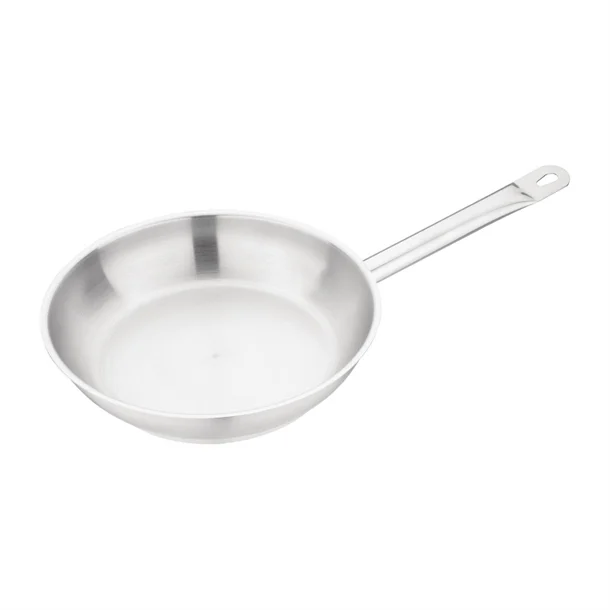
Brand : “Kuhn & Rikon” Frying Pan
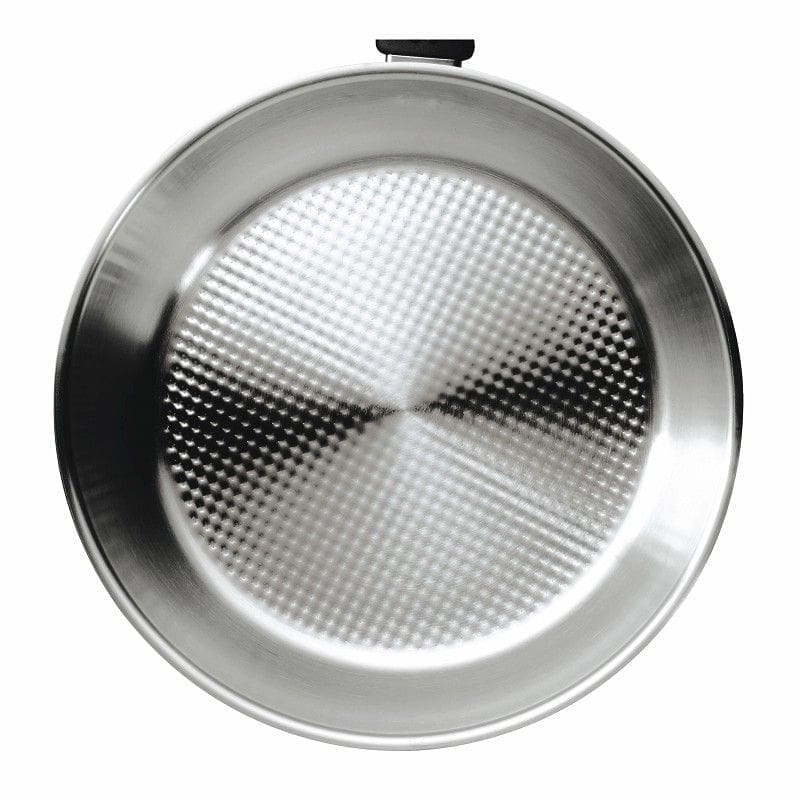

Veggie Prep Tools
Spinach or Broccoli are Vegetables easy to prepare.
But Hard-skinned varieties (e.g. Scourge or Butter-nut squash) are very good for heath, they require proper tools as Peeler accessory like the Following from Brand Dishwasher Safe “OXO Brand”:

Using Gloves for Veggie Prep
Sometimes, people avoid vegetables due to contamination concerns or tactile discomfort. Wearing gloves can help, especially when dealing with sensitive skin or contaminated environments.
Choose food-safe gloves carefully. Avoid low quality gloves with Talc or PFAS, which may absorb into the skin through sweat. A double-layer glove system (e.g. Mary Gold brand Type) allows the inner layer to be machine-washed.
There are also vinyl gloves available at professional food kitchenware retailers.
Seasonal Eating: Salad in Summer, Citrus in Winter
Salads (With oil and vinegar) help digestion and liver function. However, Vinegar acidity may irritate mucus linings and cause minor headaches. Rebalance by increasing Omega-3 (e.g. Chia seeds, Pumpkin seeds, Linseed) or Healthy Animal Fats (e.g. Butter, Cheese).
Vary oils and vinegars to access a range of nutrients. If you’re sensitive to acidity, top up your Omega-3s with Seeds, Seaweed, or Oily fish.
Always Wash Salad thoroughly. Add a drop of vinegar to the wash water; it reduces bacterial contamination.
Dr. Jean-Marie Bourre recommends always pairing salad with Oil and Vinegar. It’s essential for proper digestion.
Use Dishwasher-safe Salad Spinners (PFAS-free) to dry greens quickly. Owning two spinners helps ensure one is always clean and ready to use.
A Salad Spinner very handful is the Salad Spinner DreamFarm you can find on the (Link) :
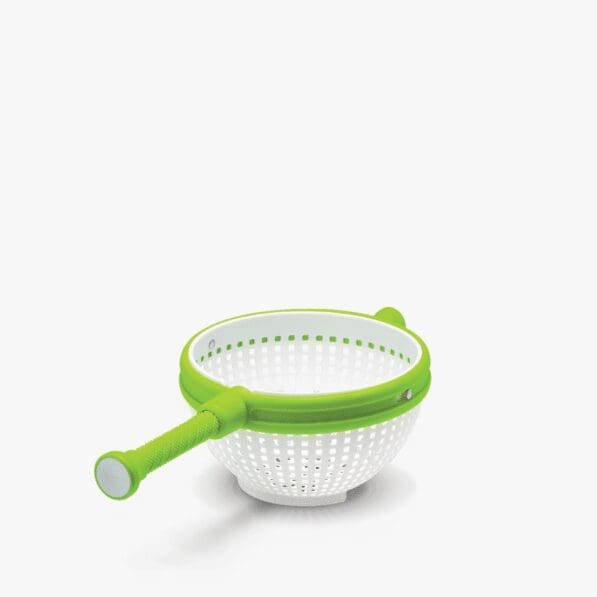
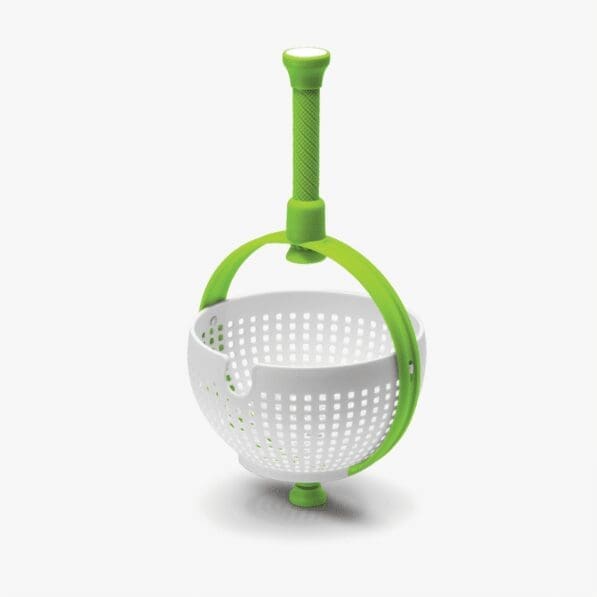
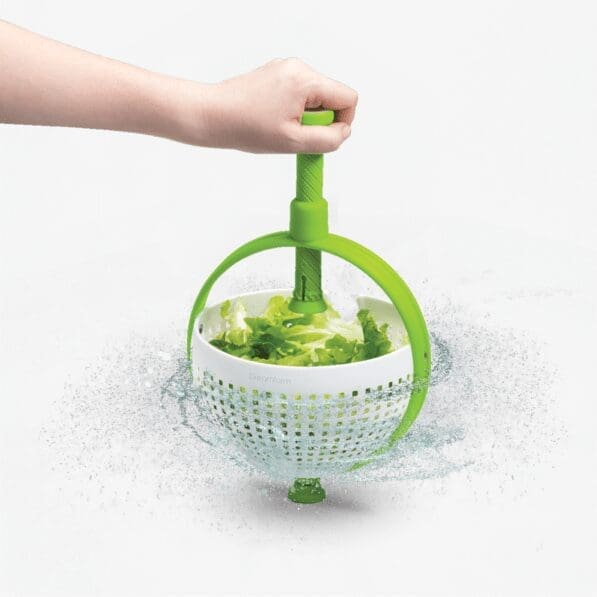
Eat salad at least once per day; Ideally at lunch. In winter, reduce quantity or switch to Chicory and include Citrus fruits (Like oranges). However, citrus can increase acidity, making digestion harder.
Important: Salad is among the most pesticide-contaminated vegetables. Buy Organic whenever possible.
Upgrade Your Salad or Soup
Include Sprouted seeds to increase vitamin variety in your soup.
You can add sometimes Cherry tomatoes in your salads (They are naturally rich in Vitamin D).
Regarding tomatoes be careful you might experienced some intolerance (The reason would be cause of a lack of a certain enzymes existing in our body able to break down the proteins present in tomatoes).
(Note: Tomato are also known to be high in potassium and because of gut intolerance they might increase risk of dehydration you have simply to hydrate accordingly (Link))

Reducing Meat Consumption
If you’re considering reducing meat, be careful, take it slowly. I recommend keeping meat in your diet at first and gradually try first to learn to cook alternative, reducing your consumption only while maintaining physical activity, so you can see how your body responds.
By starting to learn how to cook and explore reliable protein alternatives before reducing meat can help for you to see what is possible. Never reduce it straight away without knowing how to cook or substitute effectively.
According to some sources, reducing meat may one day become necessary due to population growth and resource limitations. However, alternative solutions will also emerge; There is always a possibility when we focus on an issue.
Be cautious with soya, as there are maximum daily or weekly intake recommendations (Link).
Many protein alternatives are highly processed and may not provide a balanced nutrient profile. Using tools like the Yuka app can help you make informed choices when selecting products.
Stay active, knowing your limits and what works for you. Remember that, post-COVID, it may not be the best time to drastically reduce the diversity of vitamins on your plate. Nutritious advice (Link).
Also consider the possibility of not doing things perfectly. Our society’s demands can have side effects related to perfectionism. It’s like trying to carry all the water of the sea in hands. Take one step at a time.
Do not sacrifice yourself; Always prioritise your health, even if it is difficult, and don’t hesitate to ask for help. In England there is an expression saying “Jumping in the river” there is also an other expression used in different countries as “Rome wasn’t build in a day“.
Of course defending cause is always good idea, and you are probably right, whatever your battle is but be careful, to do it consciously, what ever you do thinking taking care of yourself as one of the most important aspect. We need sometimes to lower our expectations and think about ourselves first.
Perfection is an ideal, and mistakes “are possible”. If you notice that you can no longer do certain physical activities, like cycling or walking, or if your mind feels unsettled, it may be a sign that something is missing or that your body needs attention. Good to Reduce expectation regading meat reduction for the plate do not add it as priority this is my personal advice it will be probably obliged one day but there will be more alternative then in the future. (Loic from Healthinyourplanet.com)
Please try to review nutritional advice according to the recommendations (Link).

Comments are closed